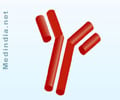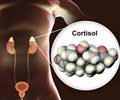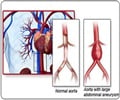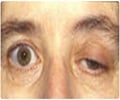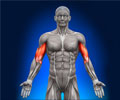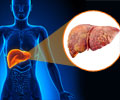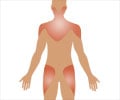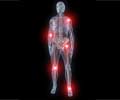Symptoms and Signs, Diagnosis and Treatment
Symptoms, diagnostic tests and treatment depends on the body part affected by the autoimmune disease.
Patients with autoimmune diseases may complain of general symptoms like fatigue and low-grade fever. Specific symptoms depend on the body part affected. For example, a patient with rheumatoid arthritis may complain of joint pain and stiffness. A patient with Graves’ disease may complain of palpitations and tremor, which are caused by high thyroid hormone levels.
Specific tests are available to diagnose each autoimmune condition. General blood tests like ESR and C Reactive Protein may indicate the presence of an inflammation and assist in the diagnosis.
Patients are treated with drugs depending on the organ affected. For example, Graves'' disease is treated with antithyroid drugs. Drugs are also used to suppress immunity so that the autoimmunity does not damage tissues. Two classes of drugs are used in this context, corticosteroids and immunosuppressants.
Corticosteroids prevent inflammation. They include drugs like prednisone and prednisolone. Long term use of these drugs especially in high doses is associated with a number of side effects like weakening of bones and muscles, thinning of skin, stomach ulcers and increased chances of developing infections.
Immunosuppressants as the name suggests suppress the immune system and thus protect organs from damage. Some drugs from this class are cyclosporine, tacrolimus, azathioprine and cyclophosphamide. They often cause serious side effects, hence they are used for severe cases only.

